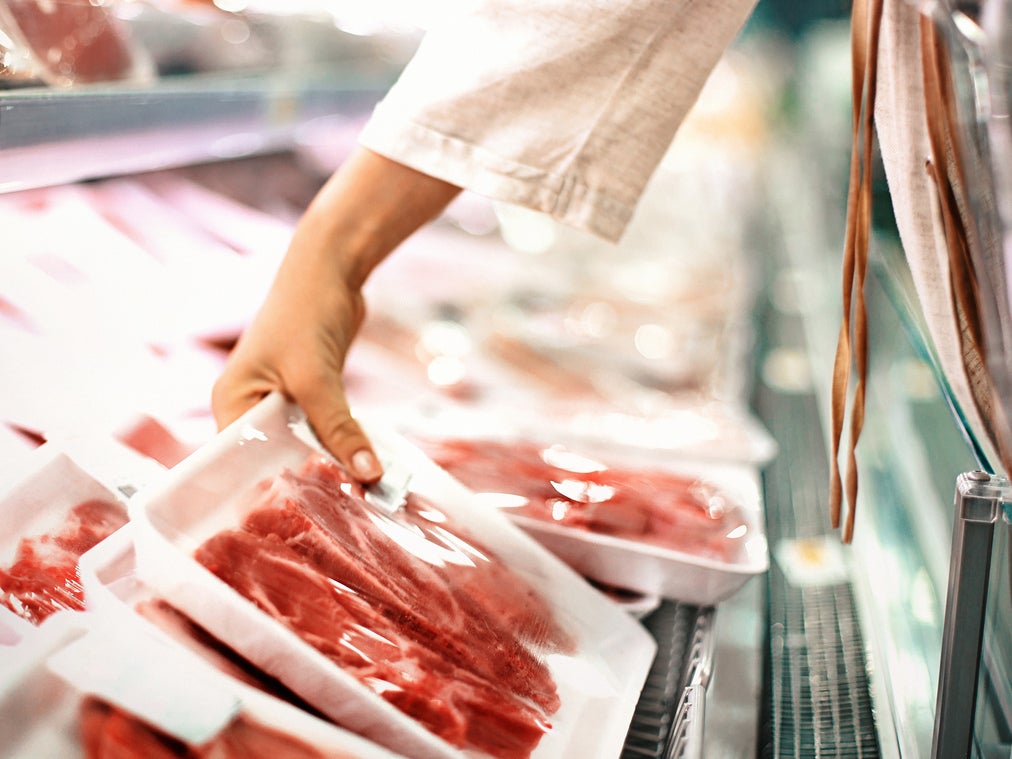More than a fifth of meat samples from supermarkets and restaurants found to contain DNA from animals not on the label
In one case, a supposed ostrich burger was found to be 100 per cent beef

Your support helps us to tell the story
From reproductive rights to climate change to Big Tech, The Independent is on the ground when the story is developing. Whether it's investigating the financials of Elon Musk's pro-Trump PAC or producing our latest documentary, 'The A Word', which shines a light on the American women fighting for reproductive rights, we know how important it is to parse out the facts from the messaging.
At such a critical moment in US history, we need reporters on the ground. Your donation allows us to keep sending journalists to speak to both sides of the story.
The Independent is trusted by Americans across the entire political spectrum. And unlike many other quality news outlets, we choose not to lock Americans out of our reporting and analysis with paywalls. We believe quality journalism should be available to everyone, paid for by those who can afford it.
Your support makes all the difference.More than a fifth of the meat samples from restaurants and supermarkets across the England, Wales and Northern Ireland contains DNA from animals not mentioned on the labelling, an investigation has found.
145 items out of 665 which were tested by local authorities in 2017 were found to include “unspecified meat” in some quantity.
Although the specific restaurants and brands selling the products have not been named, 487 were tested - affected products include pizzas, ready meals, curries and various restaurant dishes.
According to a Freedom of Information request submitted by the BBC to the FSA, 73 of the contaminated meats came from retailers, three of which were supermarkets. 50 were from supermarkets and 22 from food processing or manufacturing plants.
Some meats tested were found to contain DNA from as many as four different animals, and others contained no DNA from the animal they were supposed to be.
Lamb was found to be the type of meat most likely not to be what it said on the label, followed by beef and goat.
The products most likely to be incorrectly labelled were mince meat, followed by sausages, kebabs and restaurant curries.
In one case, a supposed ostrich burger was found to be 100 per cent beef.
Cow DNA was the animal most commonly-found contaminant, followed by pig, chicken, sheep and turkey.
However a spokesman for the FSA said that the local authorities who’d sent them the meat samples would be responsible for taking “appropriate action” based on the findings.
The results, he said, were “not representative of the wider food industry” - less than half of local authorities submitted meat samples.
The new data comes five years after the European food industry was shaken by the horsemeat scandal, where foods labelled as beef were found to contain undisclosed horsemeat.
Join our commenting forum
Join thought-provoking conversations, follow other Independent readers and see their replies
Comments